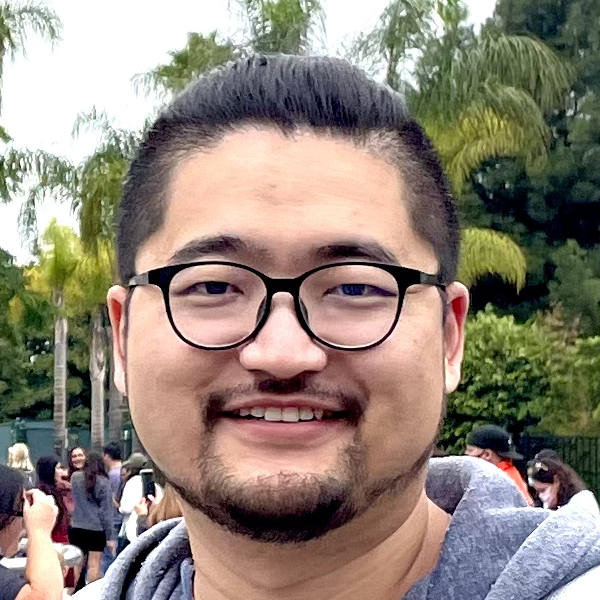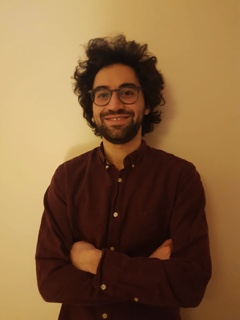What are Cyber Social Threats
The role of online platforms as a prime, daily communication tool is coincident with a sharp rise in its misuse, threatening our society in large. These platforms have been implicated for promoting hate speech, radicalization, harassment, cyberbullying, fake news, human trafficking, drug dealing, gender-based stereotyping, and violence among other ills, with a significant impact on individual and community well-being. Recent scientific advances in large foundation artificial intelligence (AI) models including large language models, large visual models, and generative AI, may serve to either exacerbate or mitigate these challenges. As a result, the use and misuse of generative AI will be of particular interest for CySoc 2024. This technology, as well as the aforementioned content and behaviors, are inherently multi-faceted, making the recognition of their narratives challenging for researchers as well as social media companies. The implications to individuals and communities require reliable models and algorithms for detecting, understanding, and countering the malevolent behavior in such communications. These challenges have led to a rising prominence of analysis of online communications in academia, politics, homeland security, and industry using computational techniques from natural language processing, statistics, network science, data mining, machine learning, computational linguistics, human-computer interaction, and cognitive science. To meet these challenges, this workshop aims to stimulate research on social, cultural, emotional, communicative, and linguistic aspects of harmful conversations on online platforms and developing novel approaches to analyze, interpret, and understand them.
The workshop welcomes papers that employ quantitative and/or qualitative, analytical, theoretical approaches examining a diverse range of issues related to online harmful communications. Papers on resources/data and tools will also be welcome either for demos or for short/regular talks.
Why attend the CySoc Workshop?
This workshop will bring together researchers and practitioners in computer and social sciences from
both academia and industry to exchange ideas on understanding the multi-faceted aspects of harmful
content while leading the discussion on building novel computational methods to reliably detect,
derive meaning of, interpret, understand and counter them.
The participants will find opportunities to present and hear about other fundamental research and
emerging applications, to exchange ideas and experiences, and to identify new opportunities for
collaborations across disciplines.
The researchers and practitioners from various disciplines are strongly encouraged to attend,
including (but not limited to) behavioral science, computer and information sciences, psychology,
sociology, political science, cognitive science, cultural study, information systems, terrorism and
counter-terrorism, operations research, communication, medicine, and public health.
Themes & Topics
We are interested in both computing and social science approaches that study the above research directions, based on quantitative, qualitative and mixed research methods. We expect to receive submissions and lead discussions on the topics of novel analytic methods, tools, and datasets.
Spotlight topic
Parallel to the main themes, this year, we will have a spotlight topic: The use and misuse of generative artificial intelligence.
Themes
The CySoc workshop has three main themes:
- Detection and prediction of content, users, and communities
- Countering harmful narratives
- Ethical considerations and handling bias
Topics
Topics for research and discussions on challenges in dealing with online harmful content include (but not limited to):
- Spotlight topic: The use and misuse of generative artificial intelligence
- Online extremism
- Harassment and cyberbullying
- Hate speech
- Gender-based violence
- Human trafficking
- Illicit drug trafficking
- Mental health implications of social media
- Ethical considerations on privacy-preserving social media analytics
- Emotional and psychological support
- Trust relationship and community dynamics
- Relationship of the social web and mainstream news media
- Cultural implications of social web usage
- Influencer identification and community detection for movements
- Misinformation and disinformation (e.g., epidemics of fake news, images and videos, during a disaster, health issues and elections)
Important Dates
Paper submissions due: March 24, 2024 April 2, 2024
Final decision notification: April 14, 2024 April 26, 2024
Camera-ready submissions due: May 3, 2024 May 5, 2024
Submission Instructions
This year CySoc will consider for acceptance research, position, short, and demo paper submissions.
Please reference the ICWSM 2024 Submission Guidelines for all information.
As per the AAAI-ICWSM guidelines: All papers must be submitted as high-resolution PDF files, formatted in AAAI two-column, camera-ready style, for US Letter (8.5" x 11") paper.
Full papers are recommended to be 8 pages long and must be at most 11 pages long, including only the main text and the references.
The mandatory Ethics Checklist (and brief additional Ethics Statement, if desired, see below), optional appendices, etc., do not count toward the page limit and should be placed after the references.
Appendices, if they exist, should be placed after the Ethics Checklist.
Revision papers and final camera-ready full papers can be up to 12 pages.
Dataset papers must be no longer than 10 pages, Poster papers must be no longer than 4 pages, and Demo descriptions must be no longer than 2 pages.
No source files (Word or LaTeX) are required at the time of submission for review; only the PDF file is permitted.
Finally, the copyright slug may be omitted in the initial submission phase, and no copyright form is required until a paper is accepted for publication.
Anonymity: The review is double-blind.
Therefore, please anonymize your submission: do not put the author names or affiliations at the start of the paper, and do not include funding or other acknowledgments in papers submitted for review.
Papers should be submitted via EasyChair.org
Workshop Program
More information will be provided soon.
All times below are Eastern
|
🙏 08.30 - 08.45 AM | Welcome the CySoc 2024 workshop attendees.
Fake news detection: Limited Ground Truth, Limited Text, No Understanding of Spreading Intent
👥 10.50 - 12.00 PM | Panel Discussion: The Use and Misuse of Generative AI.
🎤 02.00 - 03.00 PM | Keynote II: Munmun De Choudhury, Georgia Tech. A Multidisciplinary Approach to Unpacking the Impact of Cyber Social Threats on Mental Health
📄 03.00 - 03.45 PM | Paper Session III (Social Media Dynamics and Alternative Platforms): Three full papers will be presented, 15 minutes each, including Q/A.
|
|---|
Registration
Please check the conference site directly for
registration details.
Organizers
Steering Committee
|
|---|
Program Committee
|
|---|





